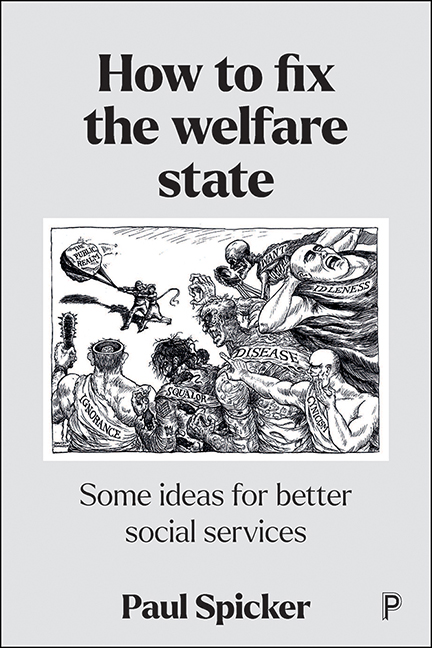Book contents
Summary
There is a general presumption, not only in Britain, that the best place for a child to grow up is in a family, and the family will be responsible for caring for that child until the child becomes an adult. The UN Convention on the Rights of the Child states that ‘the child, for the full and harmonious development of his or her personality, should grow up in a family environment, in an atmosphere of happiness, love and understanding’. As part of that, there are protections for family life. Raising children is a matter for parents to decide; this is treated as part of the private sphere, rather than the public domain. But there are two reservations to make about this. The first is that parents’ rights are not absolute or inviolate: their rights are only a reflection of the rights of the child. The second is that some families fail, and some fail in particular in their responsibilities to children.
There is no such thing as a British family policy, but there are lots of policies which might be considered to fall into the general area of ‘the family’. It is probably still true to say, though less true than it was fifty years ago, that policy in the UK is based on an idealised model of a normal ‘nuclear’ family, in which two biological parents take responsibility for raising children. At any given time, about a quarter of all children live with lone parents. About one-fifth of children have no contact with non-resident fathers after two years. (The relationship does not seem to be determined by the extent to which fathers have previously been involved with their children.) Because being single is, for many lone parents, a transitional stage, rather more children can be taken to have experienced separation from one of their parents – that may not square with the preconceptions about the norm, but it is relatively commonplace.
The implicit emphasis on the ‘normal’ family is evident in the presumption that children need to be with their birth family; it is also inherent in the idea that some families are doomed to fail because of their deviant behaviour or refusal to conform to social norms.
- Type
- Chapter
- Information
- How to Fix the Welfare StateSome Ideas for Better Social Services, pp. 68 - 79Publisher: Bristol University PressPrint publication year: 2022

